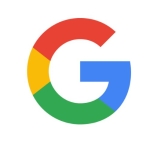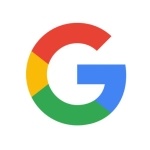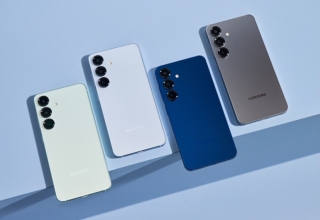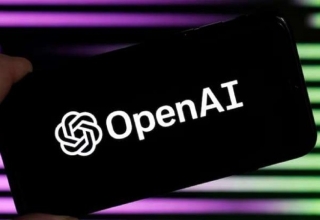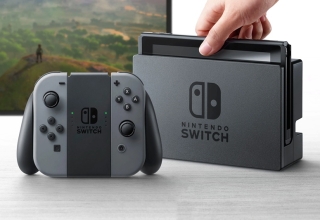Tuesday revealed Google’s most recent creation: the Pixel 9 telephones, which mark a sea change in the tech behemoth’s pursuit of artificial intelligence (AI) supremacy. These new products show Google’s commitment to leading artificial intelligence technologies in line with the explosion of interest generated by ChatGPT’s 2022 release. As Big Tech continues to fight for dominance in artificial intelligence, Google’s most recent offering reflects its aspirational goal to put cutting-edge technologies into everyday consumer items.
Images and the AI Sprint
Though Pixels have a somewhat small niche in the worldwide smartphone market, primarily under control by industry behemoths Samsung and Apple, Google sees this launch as an opportunity to highlight its consumers the clear advantages of artificial intelligence. Combining Google’s advanced Gemini AI capabilities with the Pixel 9 series promises to generate practical artificial intelligence applications spanning basic theoretical principles. This version aims to meet consumer interest on what artificial intelligence can truly achieve in their daily lives, so altering user interaction with their devices.
The Puzzle of Privacy and Regulation
But the emergence of Pixels enhanced by artificial intelligence raises important issues about user privacy and security. As Google adds more artificial intelligence capabilities to its products, issues regarding how well the company safeguards personal data become more important. Authorities already battling the effects of artificial intelligence on market dominance and privacy would pay more attention to the internet behemoth’s quest to raise consumer reliance on its platform.
A recent historic antitrust ruling badly legalistically harms Google’s condition, therefore complicated things even further. The court’s decision—that Google maintains a monopoly via its leading search engine—may alter the competitive dynamics in the technology industry. This choice could influence Google’s and other major industry players’ future activities as well as their interactions with regulators.
Dealing Apple
The Pixel 9 telephones also show a deliberate action by Google to compete more directly with Apple’s ecosystem. Google wants to provide consumers a plausible replacement for Apple’s “Apple Intelligence,” which comes imbedded in its iPhone and App Store, using its Gemini AI. This approach mirrors Apple’s closely linked ecosystem idea, in which every product naturally interacts with the others to enhance the user experience generally.
Keep Reading
Apart from the new telephones, Google presented updated Pixel headphones and a wearable with artificial intelligence capacity. Especially impressive is the smartwatch’s capacity to get live feeds from Google’s Nest camera-equipped doorbells, therefore allowing users to view and interact with guests right from their wrists at home. This integration reflects Google’s more general goal to increase the connectivity among its product range.
Bargaining on the Competitive Ground
Being a leader in artificial intelligence, Google must maintain its competitive edge in an industry undergoing quick change. Analyst Greengart emphasizes that with these new products Google needs to maintain the health of the Android ecosystem. Always expanding and enhancing its product offers helps Google keep ahead of competitors like Apple and ensure that their ecosystem appeals to users.
At last, Google’s launch of the Pixel 9 telephones represents a significant development in the integration of artificial intelligence into consumer electronics. Though they offer amazing advances and practical AI applications, the new devices highlight important discussions on privacy, legal challenges, and commercial competition even. As the digital juggernaut negotiates these obstacles so that its innovations enhance rather than complicate the life of its consumers, Google will be especially crucial to strike a balance between creativity and responsibility.
